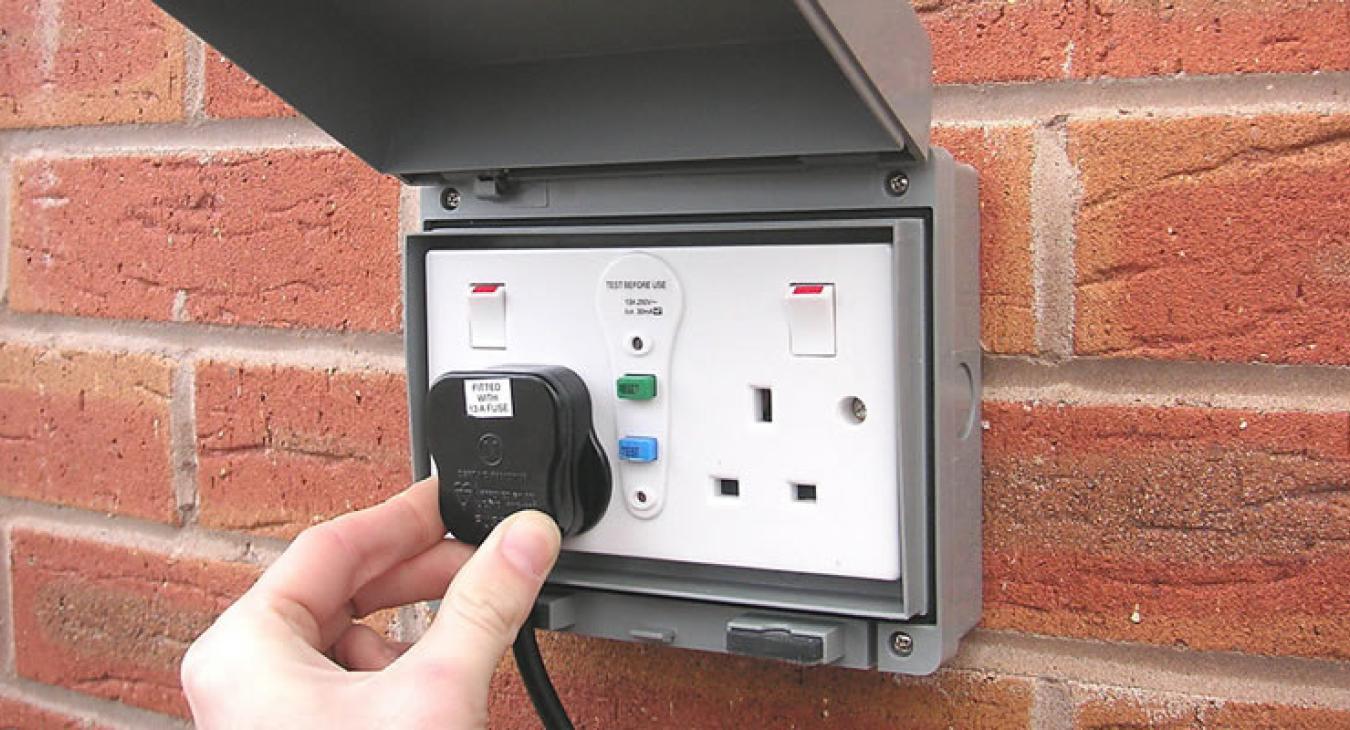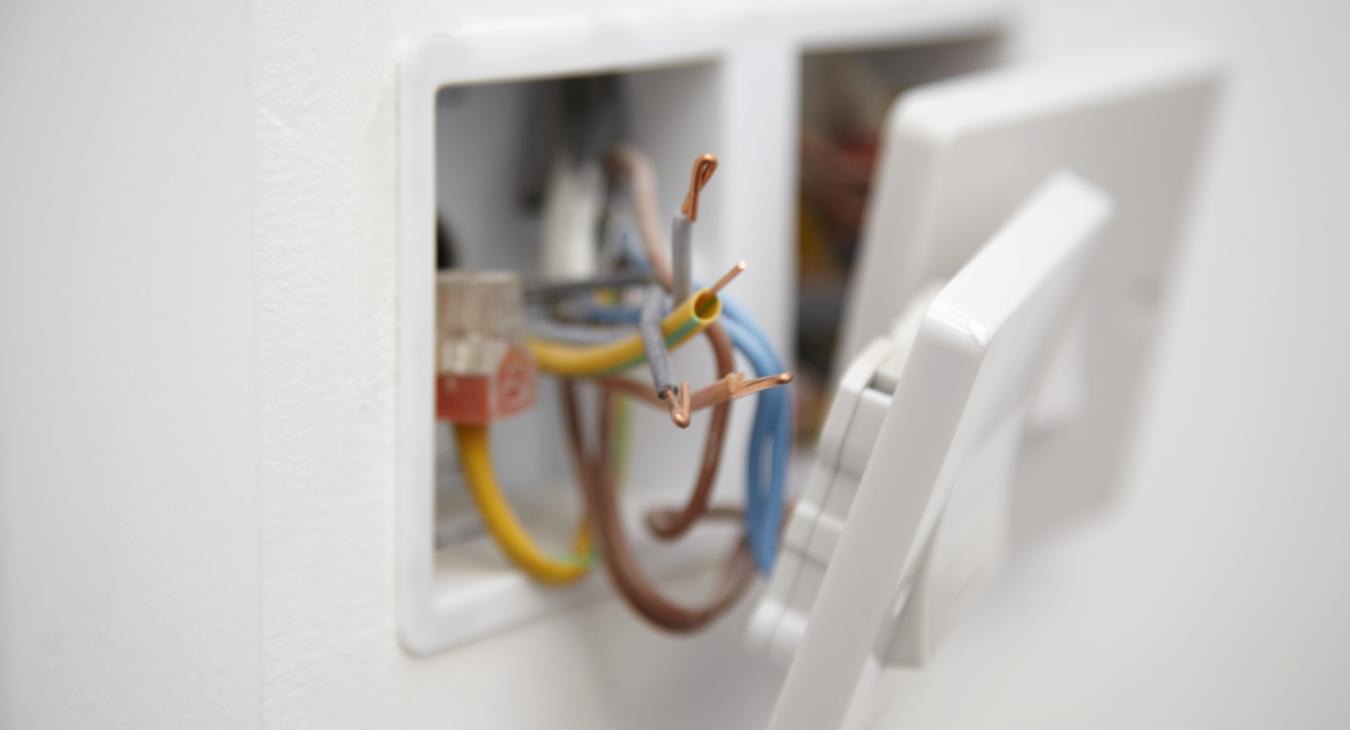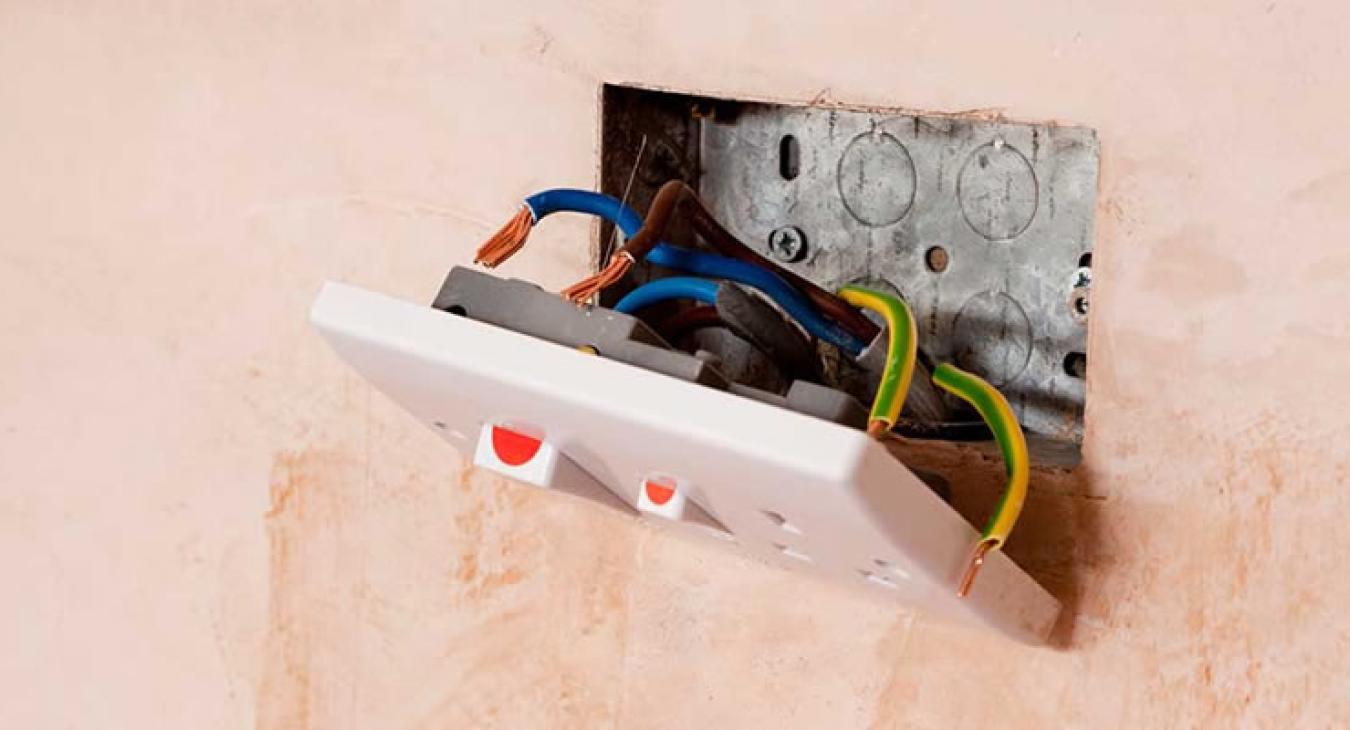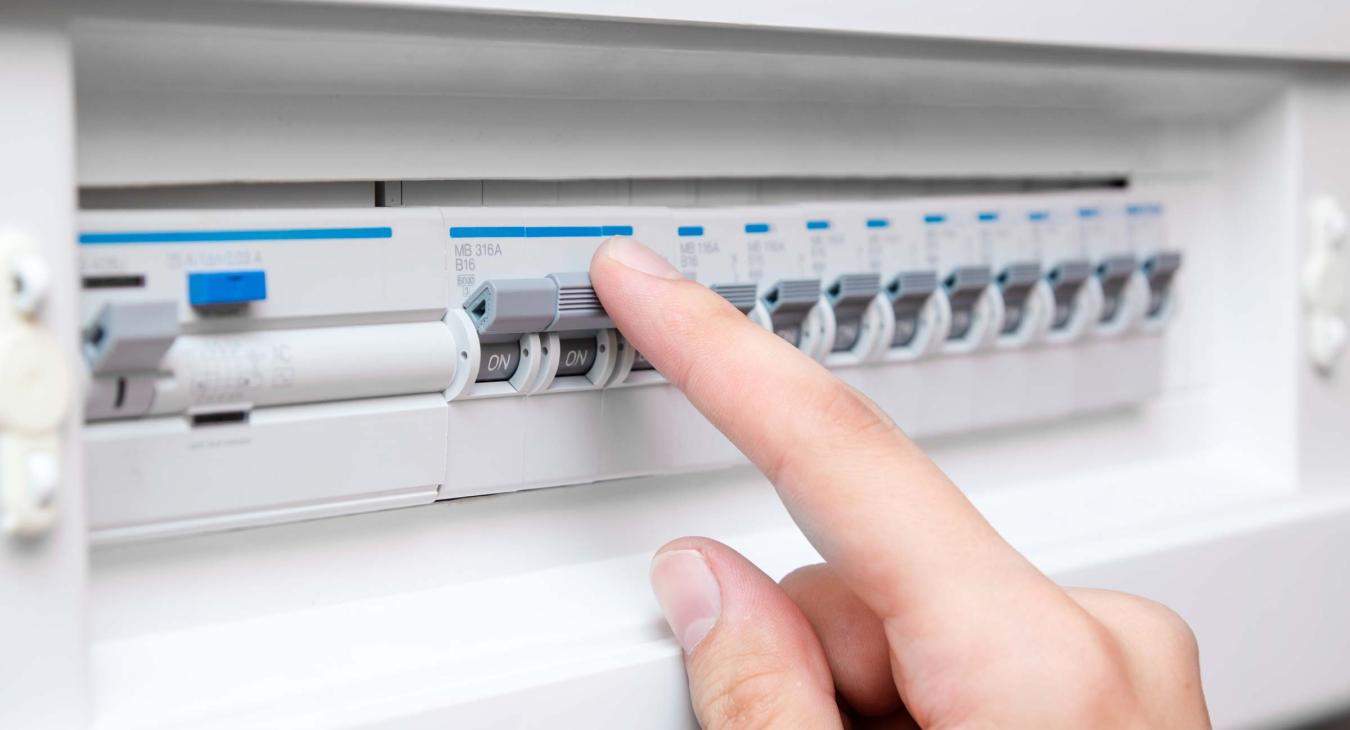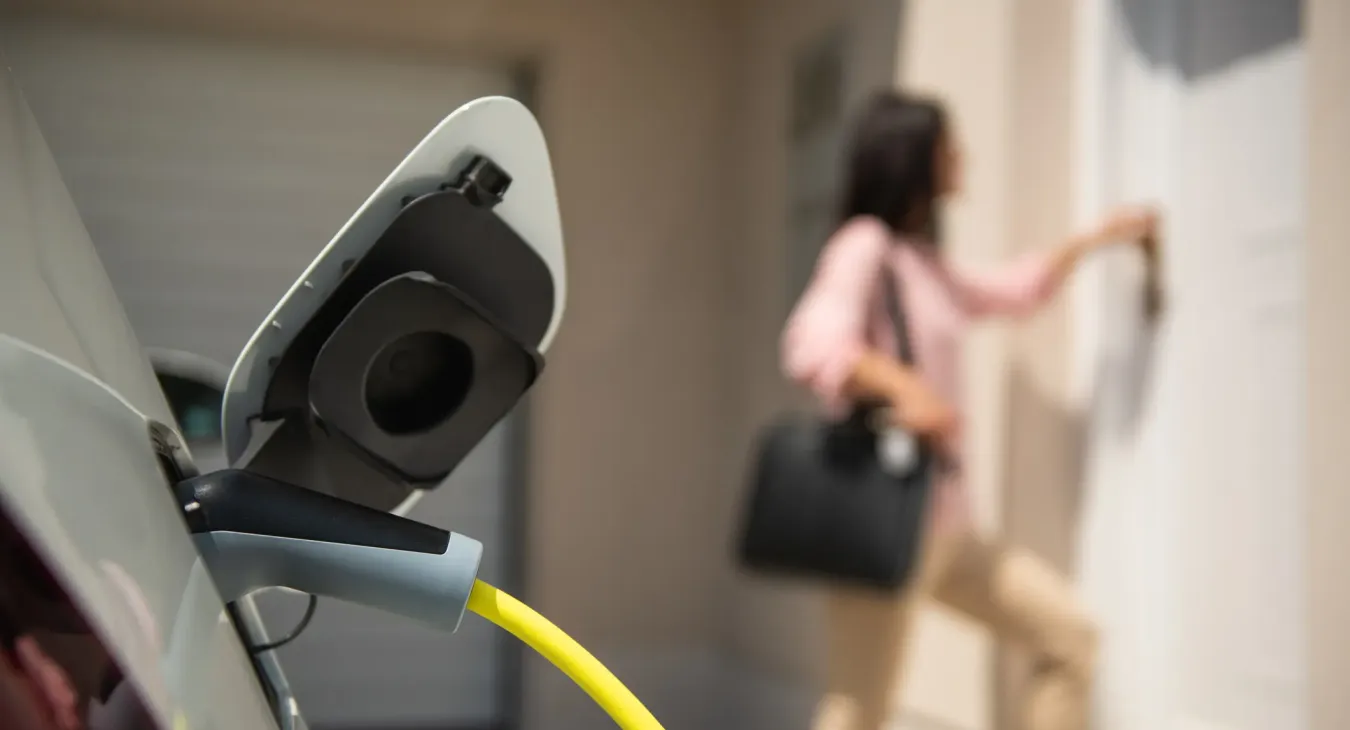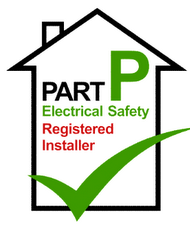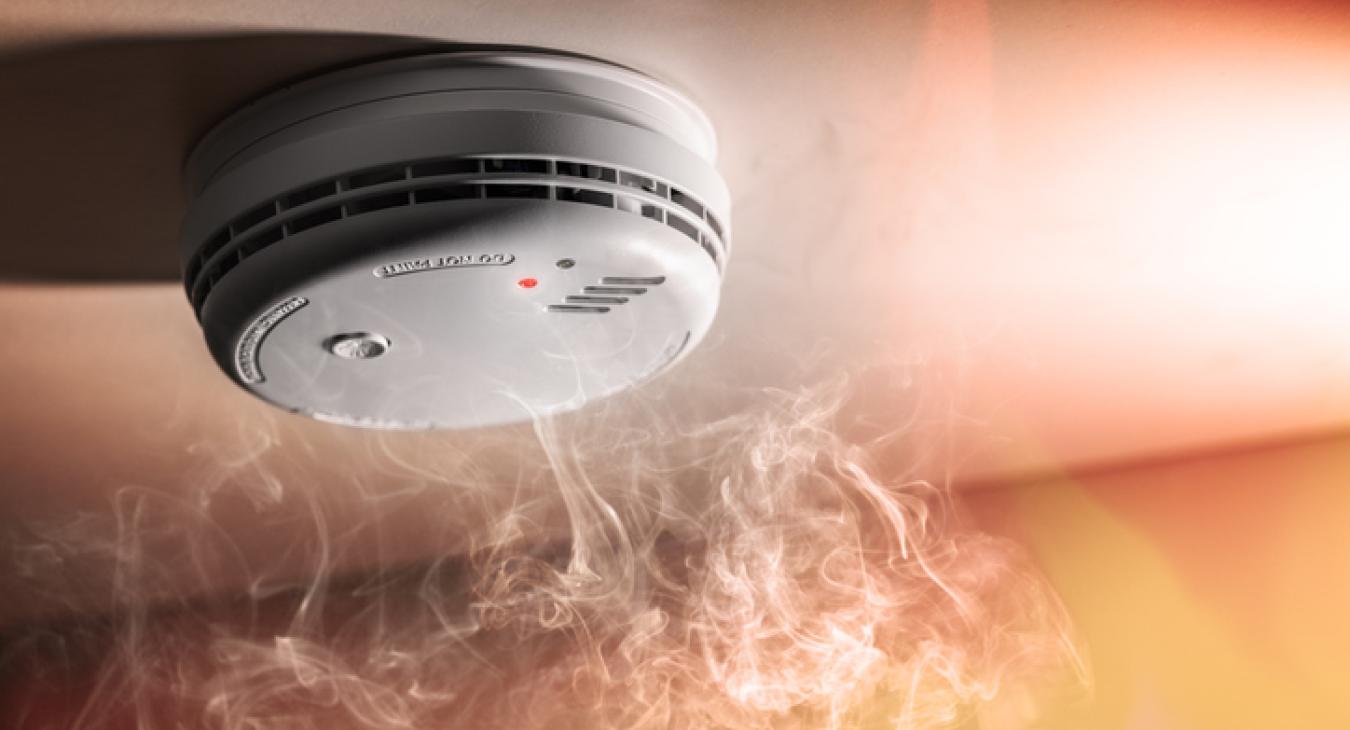
Since 1992, building regulations have stated that any property built or substantially modified requires at least one smoke detector that is wired directly to the mains to be installed.
This is for good reason, mains-powered smoke detectors offer clear benefits over their battery-powered alternatives.
A fire strikes when you least expect it, this is often during the night. It also spreads very rapidly but the real killer is smoke. If you're asleep when a fire starts and you don't have a smoke detector to alert you to this, your chances of surviving are zero.
On average 270 of the people killed in fires each year in the UK didn't have a smoke detector, while over the last five years more than 70 people have been killed every year because their smoke detector didn't work – usually because the battery was missing or flat. This wouldn't happen with a mains-powered smoke detector. Constantly connected, a mains-powered smoke detector is plugged into your home electrical lighting circuit so there's no batteries to worry about replacing nor no plugs to worry about being unplugged.
Being connected to your home electrical lighting circuit, it's also possible to have a series of mains-powered smoke alarms installed in your home. Ideal for the hard of hearing and those with larger properties but a worthwhile investment for many others, the activation of one of the smoke detectors will cause the other ones to sound.
Put simply, mains-powered smoke detectors are safer than their battery-powered alternatives. The battery in a battery-powered smoke detector could go flat at any time and if you're not regularly checking the device you wouldn't know. This wouldn't happen with a mains-powered smoke detector as you don't necessarily turn your electricity off for extended periods of time. If there did happen to be a problem with your electricity, your mains-powered smoke detector wouldn't be affected as it features a rechargeable battery back-up to ensure it retains power during emergencies.

